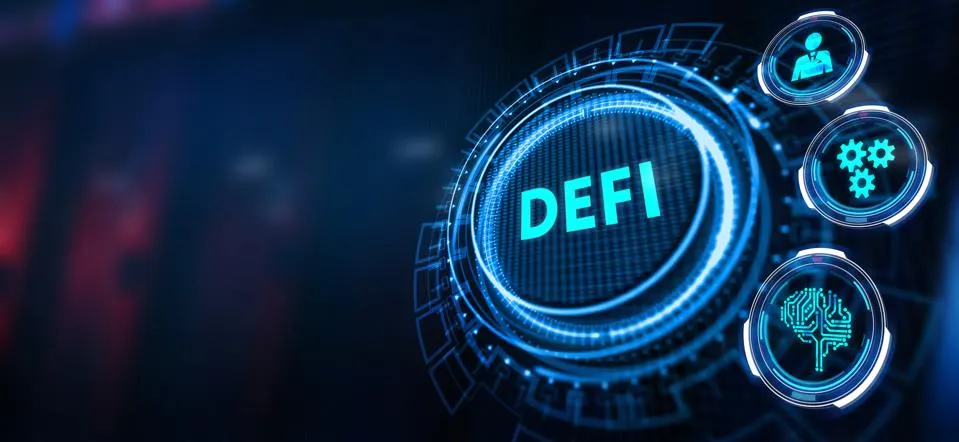Decentralized Finance (DeFi) is a rapidly growing sector in the blockchain technology world that aims to transform traditional financial systems using decentralized platforms and smart contracts. Unlike traditional financial systems, where intermediaries such as banks and other centralized institutions play a key role, DeFi offers a solution based on open and transparent networks where users can interact directly with each other without the need for third parties.
What Is DeFi?
DeFi is an ecosystem of financial applications built on blockchain technology. It includes a wide range of decentralized applications (dApps) that perform functions similar to traditional financial products, such as loans, deposits, currency exchange, insurance, etc. The main difference between DeFi and traditional finance is that these operations are executed through smart contracts, rather than centralized organizations or banks.
Key components of DeFi include:
Smart Contracts: Programs running on the blockchain that automatically execute the terms of agreements between parties. They ensure transparency, security, and eliminate the need for intermediaries.
Decentralized Exchanges (DEX): Platforms that allow users to trade cryptocurrencies directly without the involvement of centralized exchanges. An example of such an exchange is Uniswap.
Lending and Borrowing Protocols: These platforms allow users to take loans or lend cryptocurrency as collateral. A popular project in this category is Aave.
Stablecoins: Cryptocurrencies pegged to fiat currencies (such as the US dollar) to provide price stability. Examples include USDC and DAI.
How Does DeFi Work?
DeFi operates based on several key principles:
Decentralization: In DeFi, there are no central intermediaries like banks or financial institutions. All transactions are carried out through decentralized networks, making the system more open and accessible.
Transparency: All transactions and operations in DeFi protocols are publicly available to all participants, which reduces the risk of fraud and manipulation.
Smart Contracts: Most DeFi applications rely on smart contracts to automate the execution of agreements without the need for third parties.
Liquidity: DeFi systems often operate through liquidity pools, where users deposit their assets to facilitate operations on the platform. In return, they receive rewards such as interest from lending or commissions from trading.
Interoperability: Unlike traditional financial systems where banks and institutions are often limited to internal ecosystems, DeFi protocols are often interconnected, allowing users to interact with multiple platforms simultaneously.
Benefits and Risks of DeFi
Benefits:
Accessibility: DeFi provides access to financial services for people worldwide, including those who do not have access to traditional banking systems.
Transparency: Since all transactions are recorded on the blockchain, anyone can verify the transaction history.
Control Over Assets: DeFi users always retain full control over their assets without relying on intermediaries.
High Yield: Some DeFi protocols offer attractive interest rates on deposited funds, especially compared to traditional bank deposits.
Risks:
Smart Contract Vulnerabilities: Poorly written smart contracts can be subject to attacks or errors, leading to potential loss of funds.
Liquidity: Some DeFi platforms may face liquidity issues, particularly in highly volatile market conditions.
Regulation: DeFi platforms are not fully regulated in many countries, which may pose legal risks to users.
Popular DeFi Tokens
Within the DeFi ecosystem, there are many cryptocurrencies and tokens, each serving a unique role. Here are a few well-known DeFi tokens: Uniswap (UNI), Aave (AAVE), MakerDAO (MKR), Compound (COMP), Synthetix (SNX)
Conclusion
Decentralized Finance (DeFi) is a revolutionary concept that is transforming financial systems by using blockchain and smart contracts to create open, transparent, and accessible financial services. While DeFi offers numerous opportunities for growth and investment, it is important to remember the risks, such as smart contract vulnerabilities and regulatory uncertainty. Projects and users should carefully study the market and approaches to minimize risks and make the most of DeFi’s opportunities.
